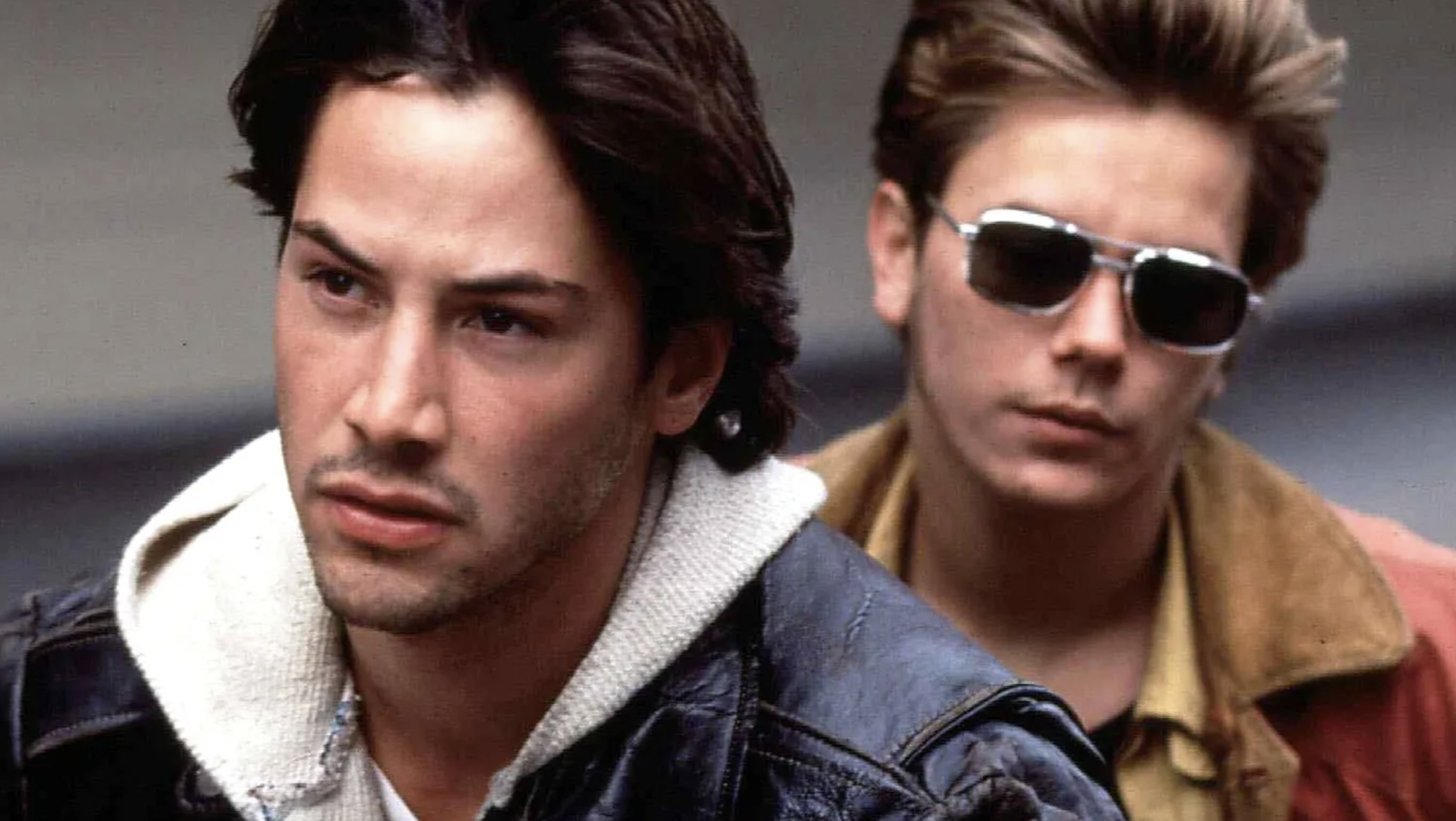Queer voices have played a pivotal role in shaping the landscape of cinema across the globe, with many openly gay directors forging remarkable careers. Their films cover an extraordinary breadth—from intimate explorations of identity and complex emotional lives to bold works of experimental art and sweeping historical dramas. Together, they have redefined not only what stories can be told but who gets to tell them, nurturing a legacy of inclusiveness and creative freedom that continues to inspire generations.
Pedro Almodóvar, a luminary emerging from Spain’s post-dictatorship cultural revival, is celebrated for his vibrant, melodramatic films infused with a playful yet precise sensibility. His masterpieces—such as All About My Mother, Talk to Her, and Pain and Glory—delve into themes of family, desire, guilt, and reinvention, firmly anchoring queer perspectives at their core. Almodóvar’s commitment to creative independence is underscored by his establishment of the production company El Deseo, which has supported both Spanish and international projects. His collaborations with actors like Penélope Cruz and Antonio Banderas, along with composer Alberto Iglesias, have created a distinctive signature style blending humour and profound compassion. His work has earned critical acclaim including an Academy Award for the screenplay of Talk to Her.
Across the Atlantic, Gus Van Sant has carved a unique space straddling indie intimacy and mainstream cinema. His notable films—such as My Own Private Idaho [pictured. Credit: Alamy], Good Will Hunting, Elephant, and Milk, the latter being a meticulously crafted biopic of Harvey Milk—focus on outsiders and dreamers with a compassionate gaze. Van Sant’s experimentation with narrative form, including the use of long takes and ambient sound, reflects his background in photography and music video direction. His influence extends beyond his films as he has championed emerging talents both in front of and behind the camera, demonstrating a commitment to mentorship and innovation.
Todd Haynes is acclaimed for his meticulous exploration of identity, desire, and performance, with a filmography that includes Poison, Safe, Far from Heaven, and Carol. He co-founded the New Queer Cinema movement, which challenged prevailing cinematic norms in both style and subject matter. Haynes’ collaborations with producer Christine Vachon and cinematographer Ed Lachman have yielded visually refined works where costumes, set design, and soundscapes are integral to character development, making his films immersive psychological studies.
John Waters pushed boundaries with his celebration of underground transgression, fusing a mischievous Baltimore sensibility with campy, boundary-breaking humour. Films like Pink Flamingos and Female Trouble initially shocked audiences but paved the way for mainstream success with Hairspray, which transformed into both a hit stage musical and a renewed film adaptation. Waters’ stock company, featuring the legendary Divine and later stars such as Kathleen Turner and Johnny Depp, is emblematic of his ability to blend outsider appeal with accessible comedy. His wide-ranging creative pursuits—including writing and live performance—further cement his status as a cultural provocateur who champions inclusivity.
Italian director Luca Guadagnino is known for his sensual, tactile filmmaking style, focusing on longing, class, and transformation in films such as Call Me by Your Name, I Am Love, and Bones and All. With repeated partnerships with editor Walter Fasano and composers Devonté Hynes and Trent Reznor with Atticus Ross, Guadagnino’s work is distinguished by its emotional depth and consistent aesthetic texture. His ability to cultivate close relationships with actors across projects creates a repertory-like atmosphere that enriches the chemistry on screen and provides a distinctive mood laced with intimacy.
The British filmmaker Terence Davies offered a unique voice with his lyrical and emotionally potent films that meld memory, music, and working-class life in Liverpool. His works, including Distant Voices, Still Lives and The Long Day Closes, utilize period music and finely composed tableaux to evoke the nuances of time and place. Davies’ autobiographical style has profoundly influenced contemporary filmmakers who see cinema as a vessel for personal and collective memory, maintaining a singular presence in British film history.
Other influential directors include Derek Jarman, whose blend of painting, activism, and cinema created evocative, confrontational works exploring sexuality, illness, and community, often highlighting his own battle with HIV. James Ivory, famed for his period dramas produced under the Merchant Ivory banner, brought literary adaptations such as A Room with a View and Howards End to critical acclaim, later penning the screenplay for Call Me by Your Name and contributing to nuanced portrayals of romantic awakening.
These directors, among others like Rainer Werner Fassbinder, Xavier Dolan, Ira Sachs, Andrew Haigh, Tom Ford, and historical figures like James Whale and George Cukor, illustrate the vast contributions of gay filmmakers to cinema's artistic and social evolution. They reflect a rich tradition of storytelling marked by an unflinching embrace of complexity, identity, and transformation, continuing to open doors for future queer voices across the global film industry. Source: Noah Wire Services
